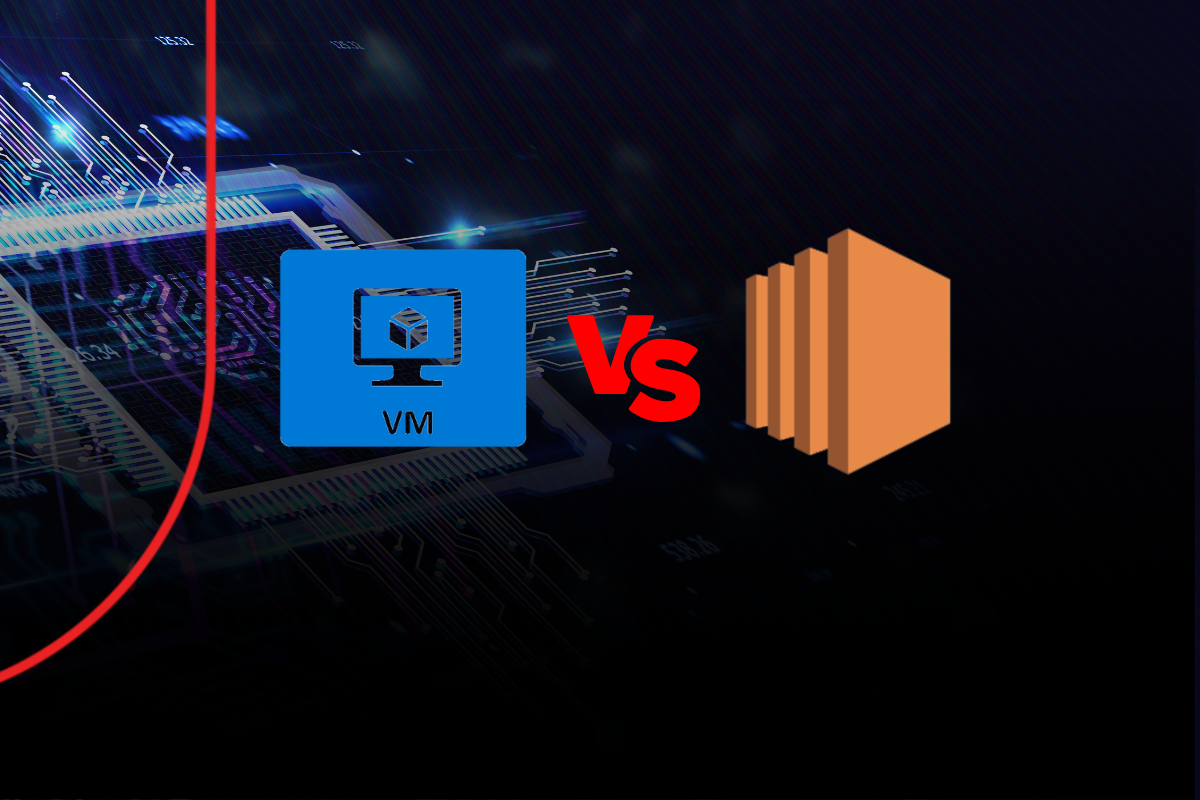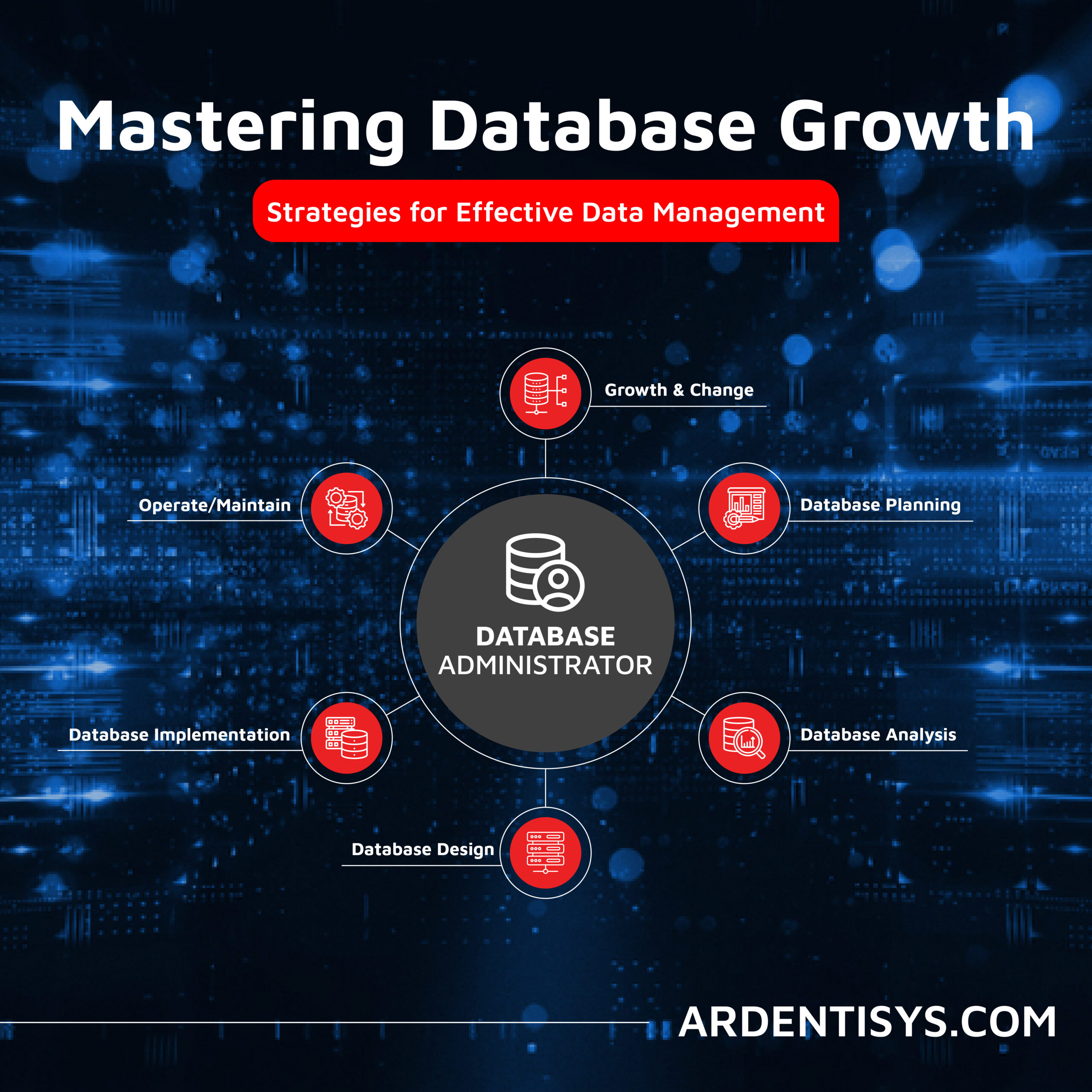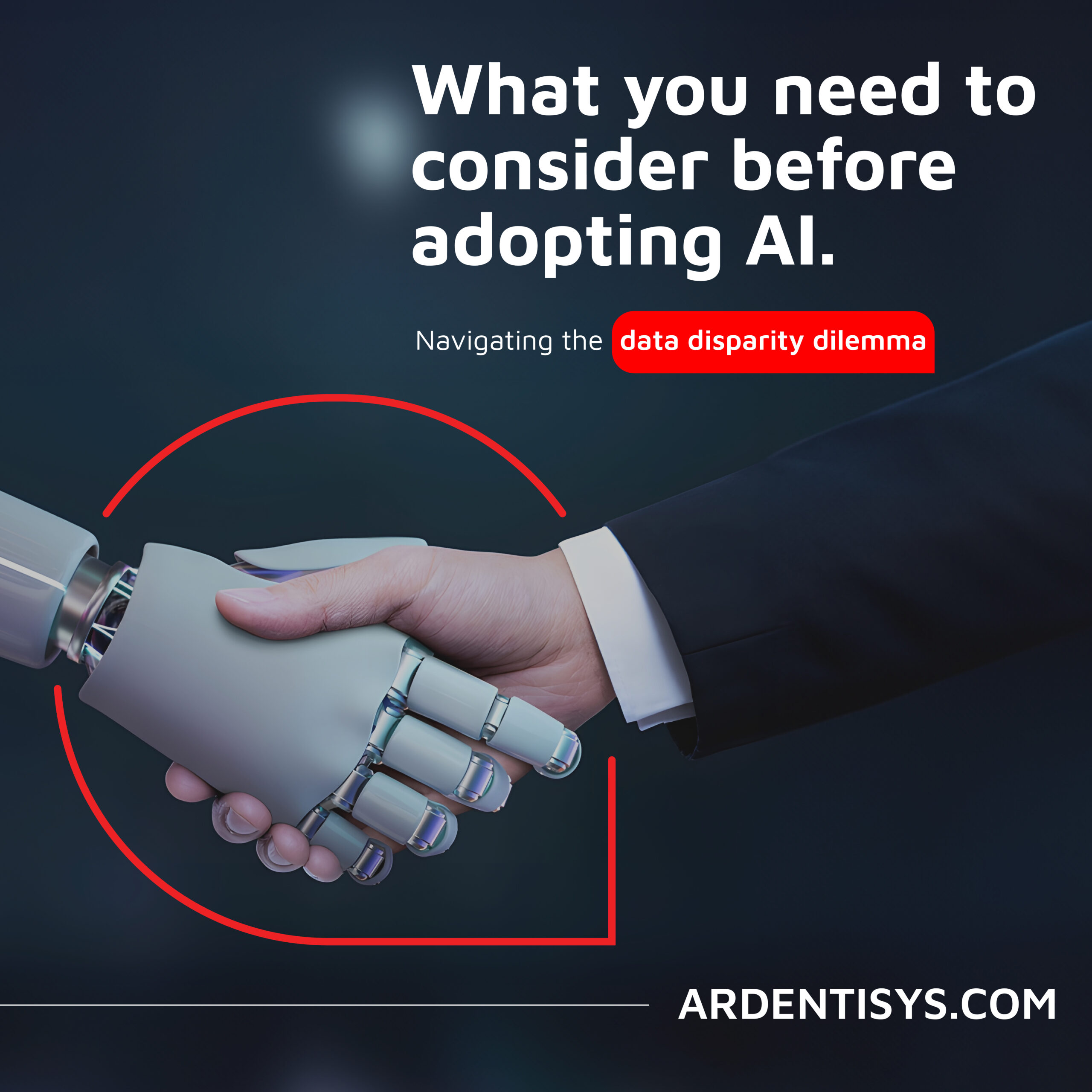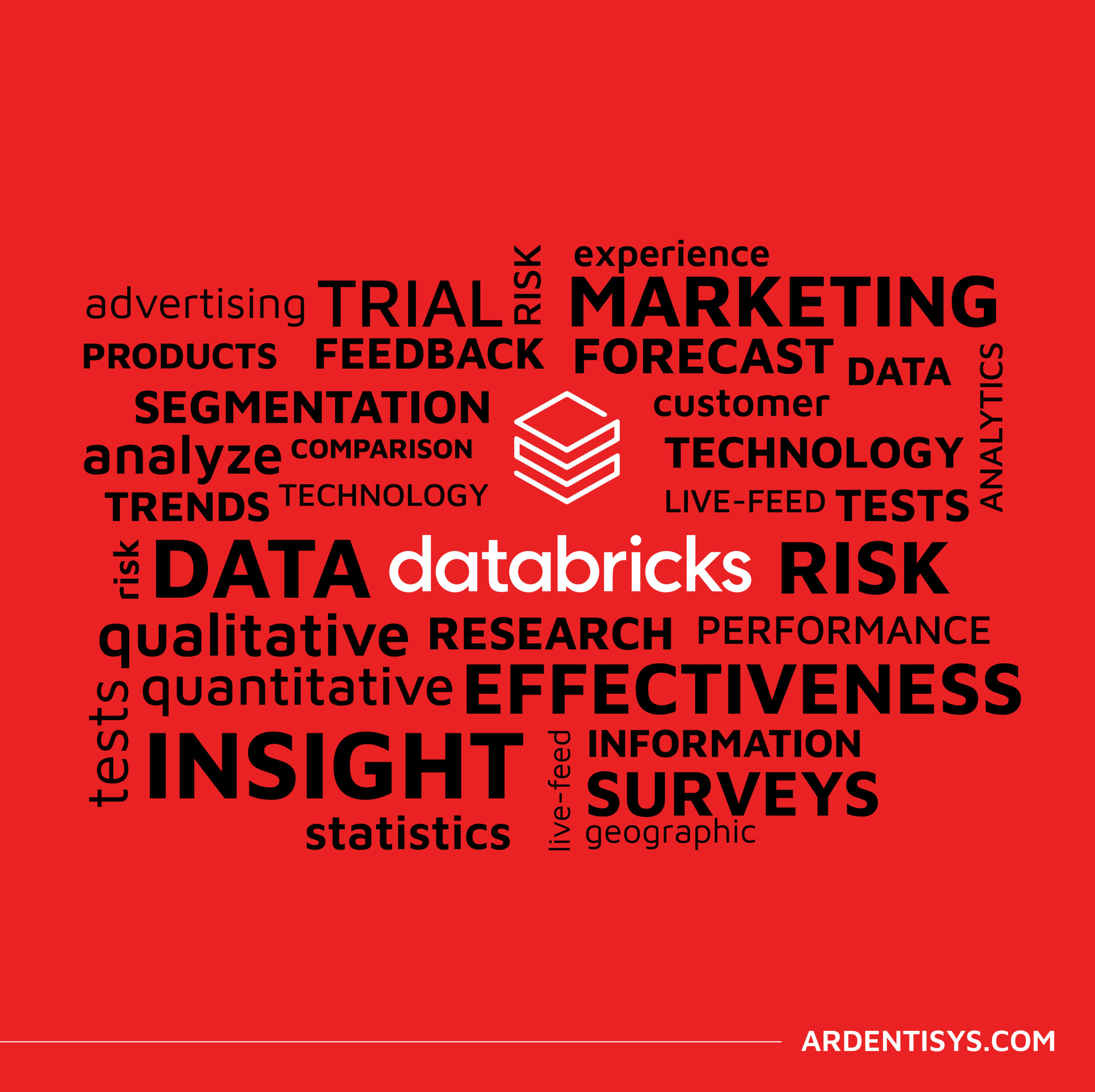AWS EC2 Vs Azure VM – Comparing Cloud Technologies
18 August 2022 | Noor Khan

When it comes to choosing a cloud service, it’s fair to say that the more advanced they get, the more options become available, and the more difficult it can be to decide what technology best suits your specific needs. AWS EC2 and Azure VM are technologies offered by leading technology brands, Amazon and Microsoft.
To help you decide, we’re comparing Amazon’s EC2 and Microsoft’s Azure VM.
What does AWS EC2 provide?
Amazon’s Web Services (AWS) Elastic Compute Cloud (EC2) has been generally available since August 2006, and has global availability, operating in 25 regions.
The service has a diverse list of Virtual Machine (VM) types, and it’s known for providing secure and resizable computing capacity, with easy access and usability.
Some of the features that are provided with EC2 include:
- Global infrastructure made up of ‘Regions’ and ‘Availability Zones’
- A choice of Operating Systems (OS)
- Auto-Scaling
- Optimised CPU configurations
- Hibernation / Pause and Resume of Instances
- Enhanced networking
- High SLA commitment (99.99% availability)
Pros and cons of the AWS EC2 cloud technology
Pros:
- Offers a wider range of functions for computing and storage optimisation usage
- Autoscaling allows for predictive scaling, a machine learning approach, and the ability to automatically build policies based on user-provided strategies
- Hibernation mode
- AWS offers a wide range of billing options (On-Demand, Reserved, Spot, and Savings Plan)
- Supported in 25 global regions
Cons:
- Server maintenance and downtime can affect availability
- May not be cost-effective for medium to large-scale usage due to the itemised costing
- Variable performance and bottleneck issues reported with disk IO and high latency
What does Azure VM provide?
Azure VM also has global availability (33 regions) and has been generally available since June 2012. It is a Microsoft cloud technology with flexible virtualisation, offering services for general purpose, compute optimisation, memory optimisation, storage optimisation, and accelerated high-performance usage.
The service allows for up to 416 vCPUs, 12TB of memory, and 30Gbps ethernet, and is the first cloud development that offers 200Gbps ‘Infiniband’.
Azure uses a range of metrics to trigger scaling events, their Virtual Machine Scale Sets (VMSS) and VMs are managed as a ‘unit’, which can be scaled up and down when thresholds are met – or the scaling can be adjusted on a set schedule.
The Azure cloud platform covers more than 200 products and cloud services and is designed to help users build, run, and manage their applications.
Pros and Cons of the Azure VM Technology
Pros:
- Offers a wider range of functions for General Memory and Accelerated / High-Performance usage
- Scaling metrics can be user-specified and customised to requirements
- High availability
- Cost-Effective usage options
- Supported in 33 global regions
Cons:
- Does not have a hibernation mode
- No predictive scaling options
- Requires platform expertise
- Fewer payment options (On-Demand, Reserved, and Spot)
AWS EC2 Vs Azure VM - Decide by balancing use, need and function
Both services are comparable in their initial pricing structures and have global availability. Users of the technologies have said that AWS EC2 is easier for beginners to use, due to its high levels of automation and feature – and that Azure, with its ability to use your own OS (Operating System), language, database, and tools of choice, is better for more advanced users.
At the end of the day, the choice between these two data-engineering tools is going to come down to your specific needs, your competence (and confidence) with the operations, and exactly what it is you want to use the service for.
Ardent data engineering services
With Ardent, you do not have to take the burden of researching technologies to make the right decision. You tell us your problems and challenges and we will find a solution with the technologies most suitable to provide the best outcome. Our highly skilled data engineers have been providing data engineering services for over a decade and have worked with a variety of technologies to make a recommendation based on your need. However, if you do have preferred technologies like our clients, we can accommodate that too. Discover how some of our customers succeeding with leading technologies:
- Monetizing broadcasting data reliable and timely data availability for real-time, mission-critical data
- Improving data turnaround by 80% with Databricks for a Fortune 500 company
- Powerful insights driving growth for global brands with robust, scalable data pipelines with AWS infrastructure
Get in touch today and let Ardent help you face your data challenges.
Ardent Insights

Overcoming Data Administration Challenges and Strategies for Effective Data Management
Businesses face significant challenges to continuously manage and optimise their databases, extract valuable information from them, and then to share and report the insights gained from ongoing analysis of the data. As data continues to grow exponentially, they must address key issues to unlock the full potential of their data asset across the whole business. [...]
Read More... from AWS EC2 Vs Azure VM – Comparing Cloud Technologies

Are you considering AI adoption? We summarise our learnings, do’s and don’ts from our engagements with leading clients.
How Ardent can help you prepare your data for AI success Data is at the core of any business striving to adopt AI. It has become the lifeblood of enterprises, powering insights and innovations that drive better decision making and competitive advantages. As the amount of data generated proliferates across many sectors, the allure of [...]
Read More... from AWS EC2 Vs Azure VM – Comparing Cloud Technologies

Why the Market Research sector is taking note of Databricks Data Lakehouse.
Overcoming Market Research Challenges For Market Research agencies, Organisations and Brands exploring insights across markets and customers, the traditional research model of bidding for a blend of large-scale qualitative and quantitative data collection processes is losing appeal to a more value-driven, granular, real-time targeted approach to understanding consumer behaviour, more regular insights engagement and more [...]
Read More... from AWS EC2 Vs Azure VM – Comparing Cloud Technologies






